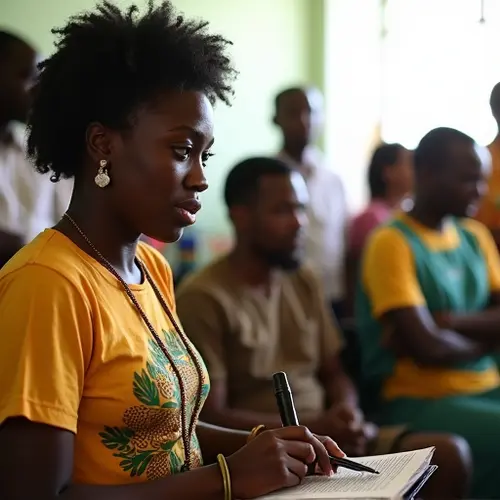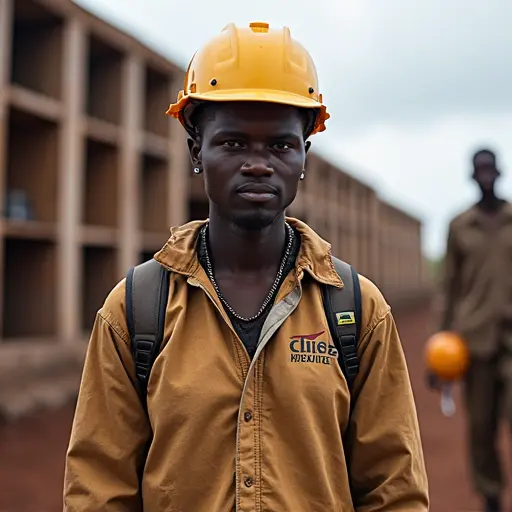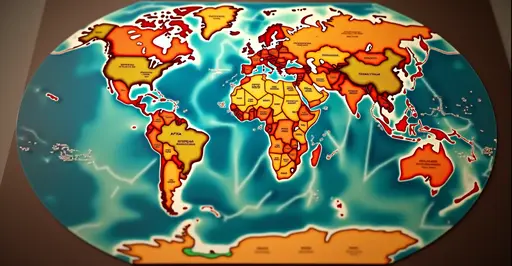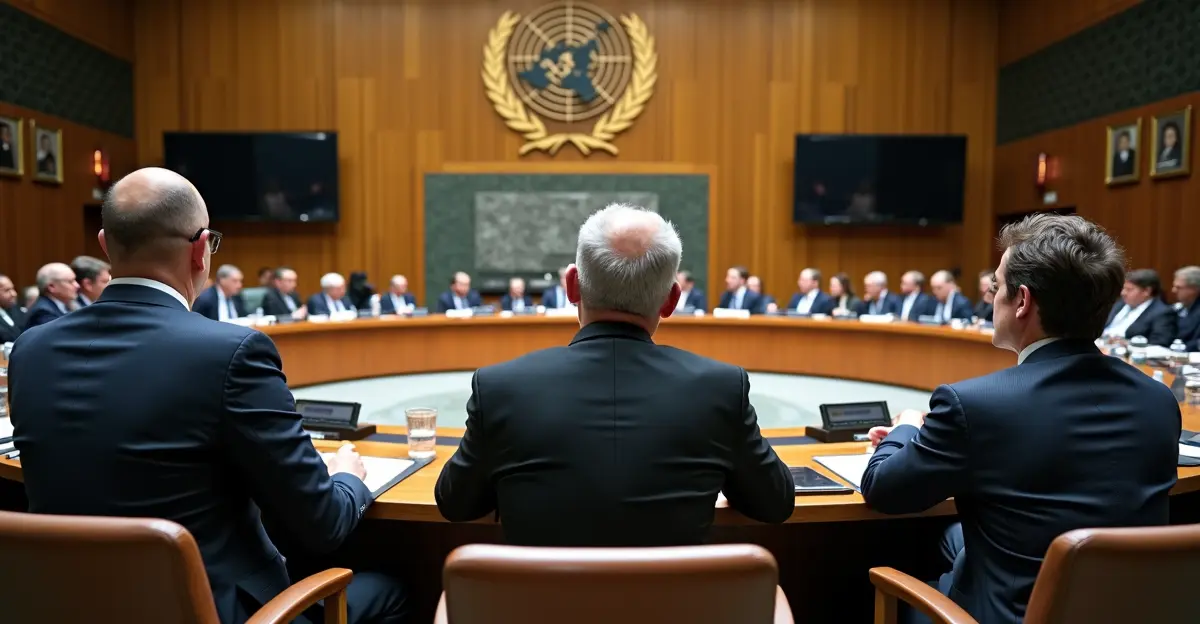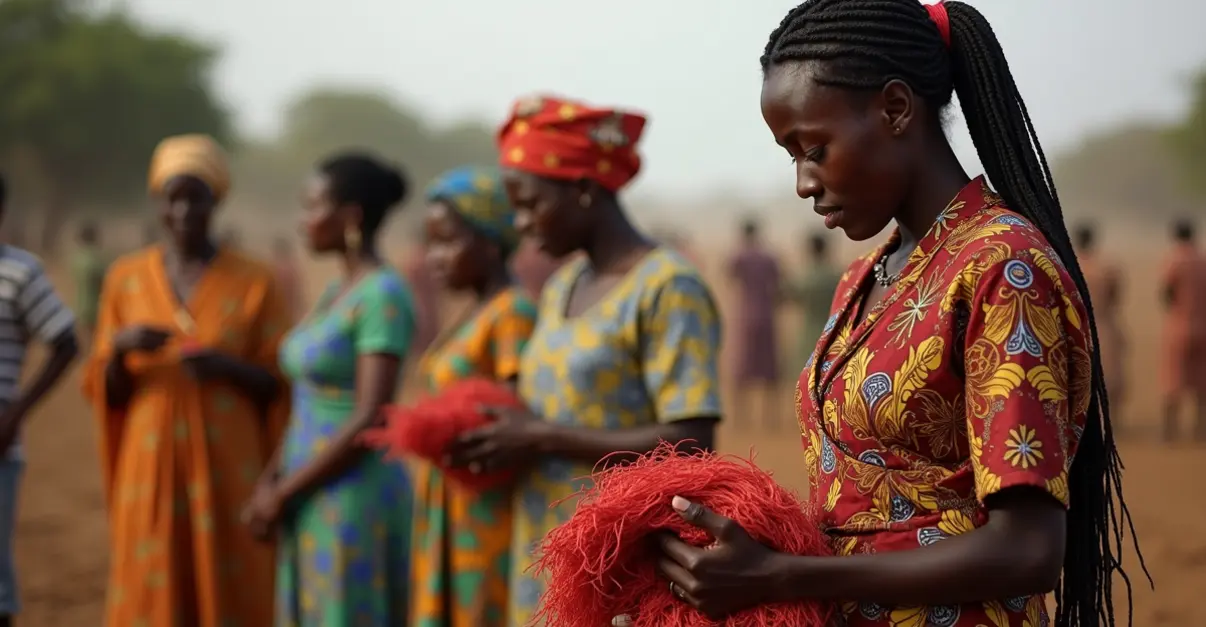African states are increasingly influencing UN votes, driven by economic growth, demographic trends, and political unity. This rise challenges traditional power dynamics and highlights Africa's key role in global governance.
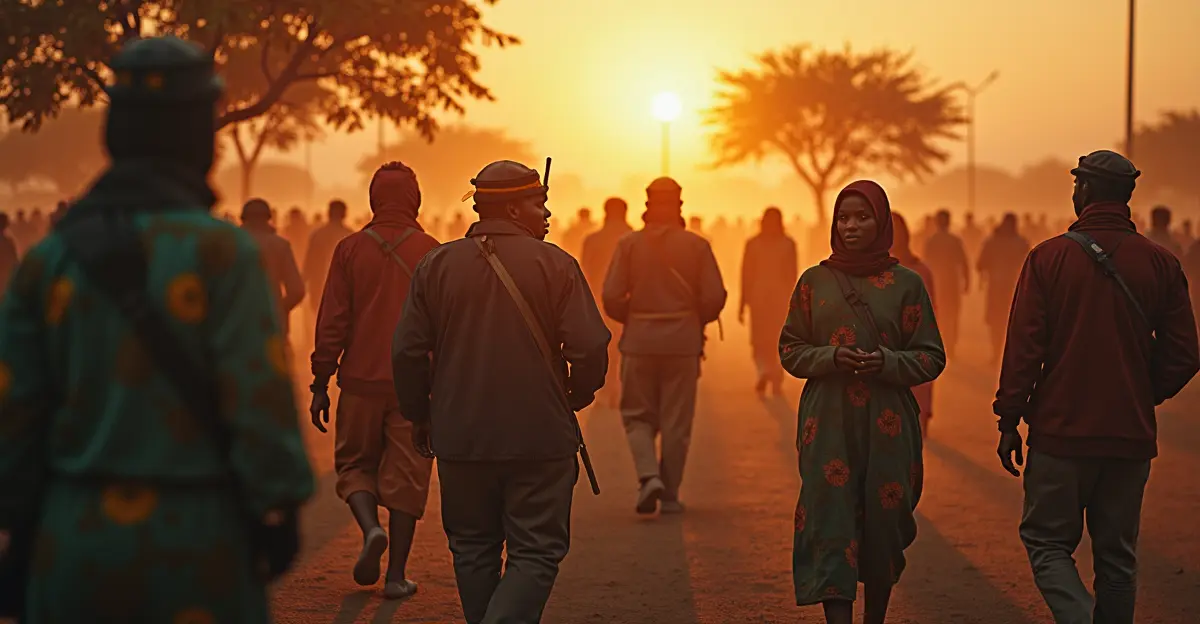
Africa's Growing Clout in International Affairs
In recent years, African nations have been increasingly asserting their influence on the global stage, particularly within the United Nations (UN). This shift is reshaping international diplomacy and highlighting the continent's strategic importance. According to a UN report, African states now constitute a significant voting bloc, often swaying key decisions on peacekeeping, climate change, and human rights. 'Africa is no longer just a recipient of aid; we are active shapers of global norms,' remarked Ambassador John Doe from Kenya during a recent interview.
Historical Context and Recent Developments
Historically, Africa's role in global politics was marginalized, but decolonization and economic growth have fueled its ascent. The African Union (AU), established in 2002, has been instrumental in coordinating positions among its 55 member states. In 2025, this cohesion was evident in UN votes on issues like the Israel-Palestine conflict and sanctions against Russia, where African countries often voted as a unified front. Data from recent studies show that African votes now influence outcomes more than ever, with a 30% increase in bloc voting consistency since 2020.
Key Factors Driving This Influence
Several factors contribute to Africa's growing power. Economically, the continent boasts rapid GDP growth and rich natural resources, making it a key player in trade negotiations. Demographically, Africa has the world's youngest population, which translates into long-term geopolitical weight. Politically, initiatives like the African Continental Free Trade Area (AfCFTA) enhance collective bargaining power. 'Our unity in the UN gives us a voice that cannot be ignored,' said South African diplomat Jane Smith. Additionally, strategic partnerships with China, the EU, and the US have amplified Africa's leverage, as these powers compete for influence on the continent.
Challenges and Future Outlook
Despite progress, challenges remain, including internal conflicts, corruption, and dependency on foreign aid. However, experts predict that by 2030, Africa could become a decisive force in global governance. Continued investment in education and infrastructure will be crucial. As global issues like climate change intensify, Africa's votes on environmental policies will be pivotal. 'The future of multilateralism depends on inclusive participation, and Africa is central to that,' noted a UN official. This trend underscores a broader shift towards a more multipolar world order.

 Nederlands
Nederlands
 English
English
 Deutsch
Deutsch
 Français
Français
 Español
Español
 Português
Português




